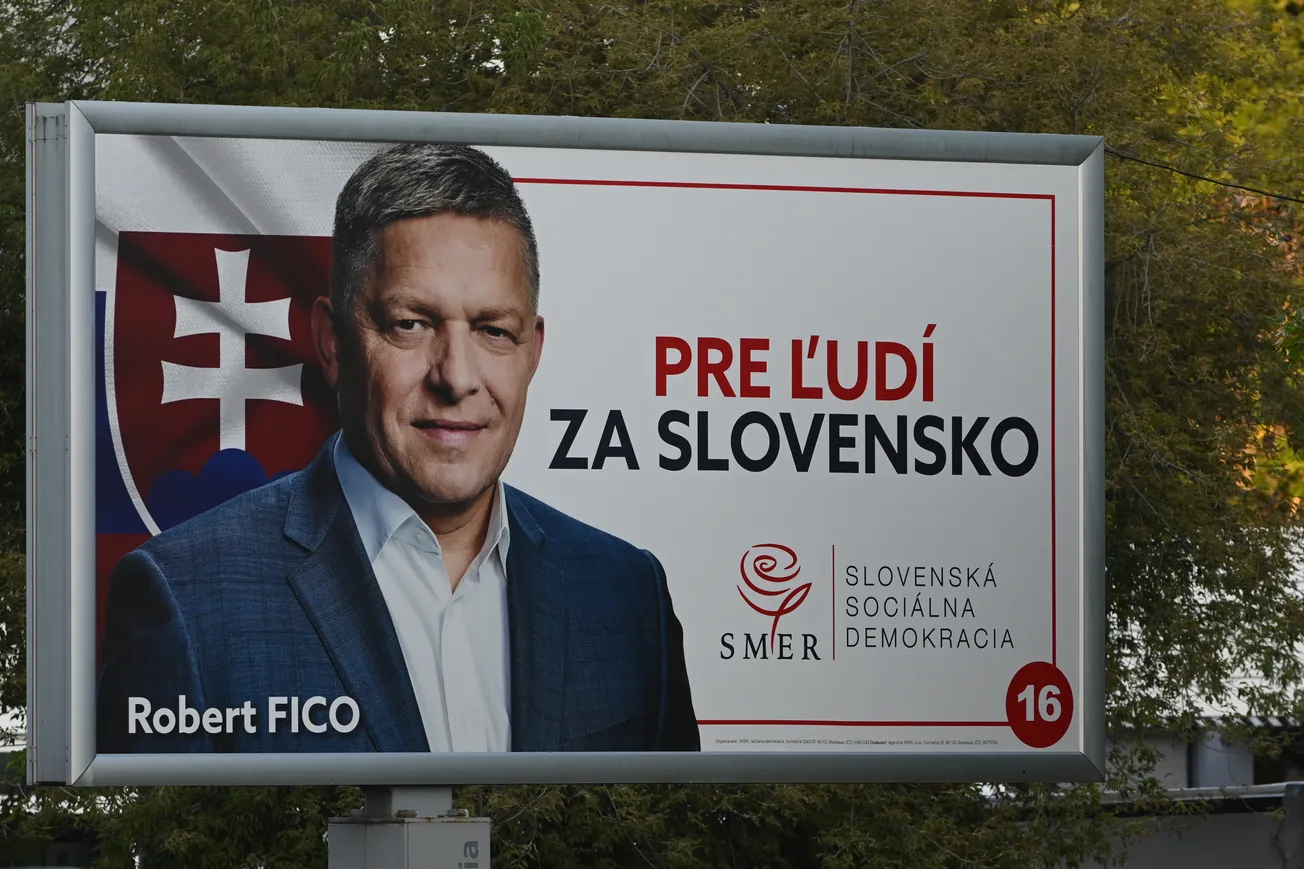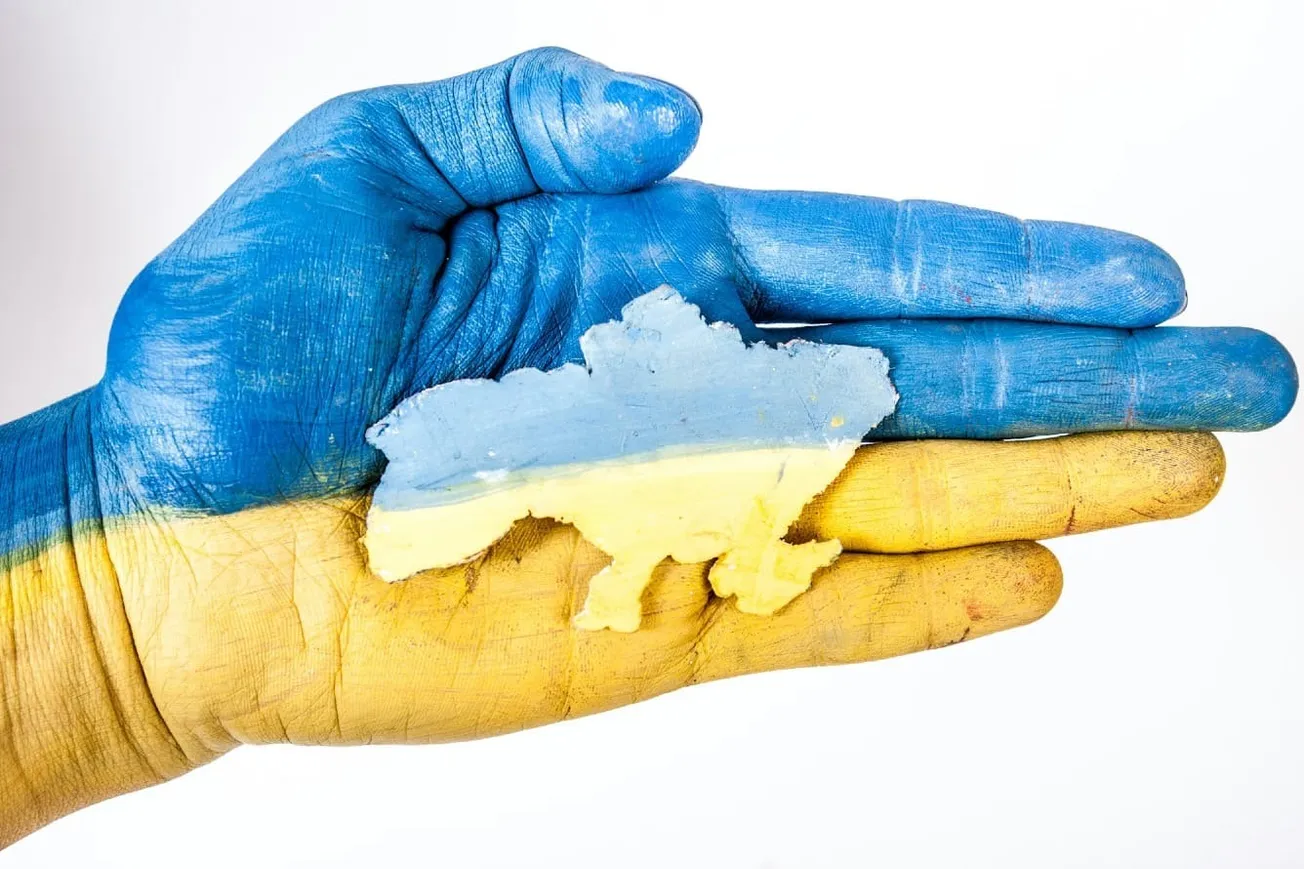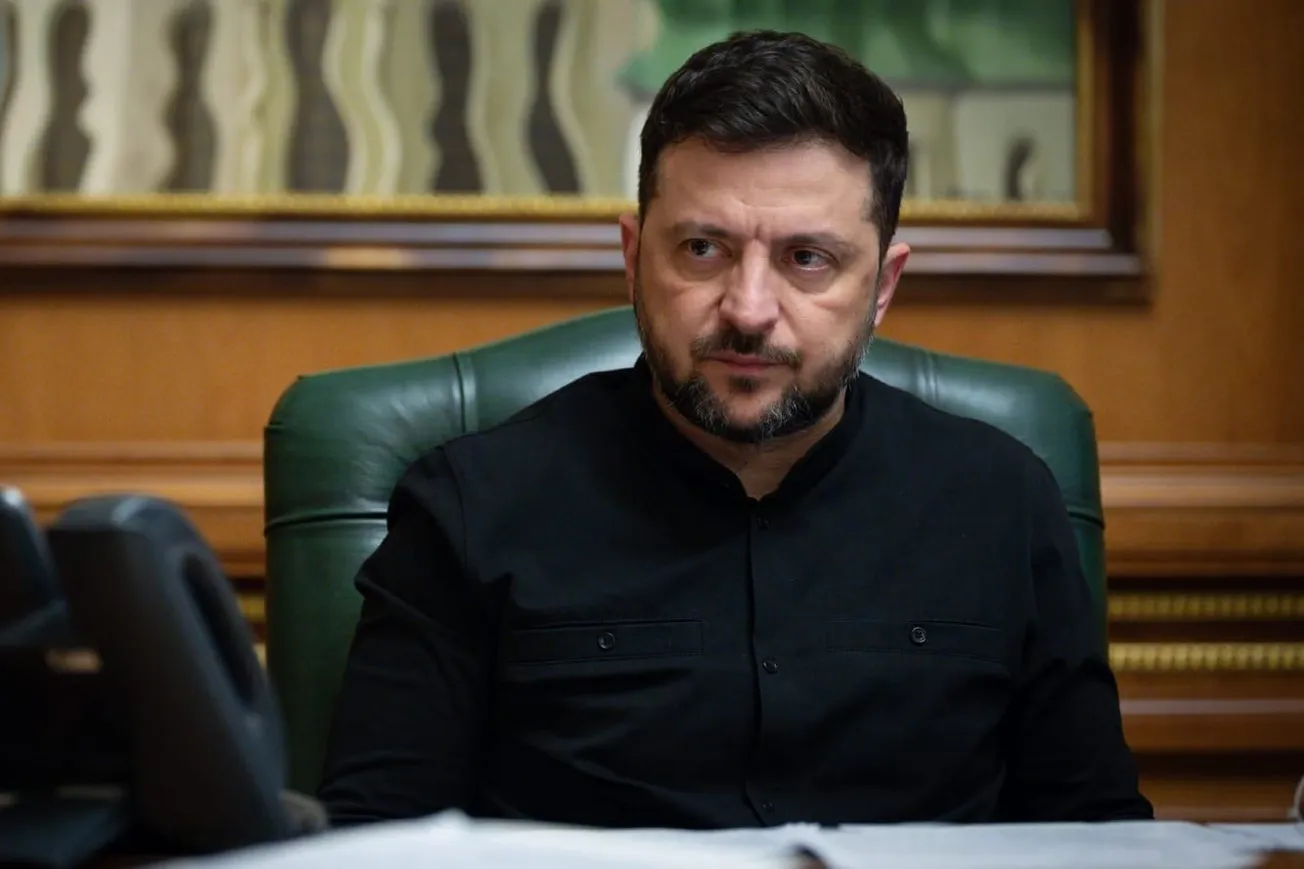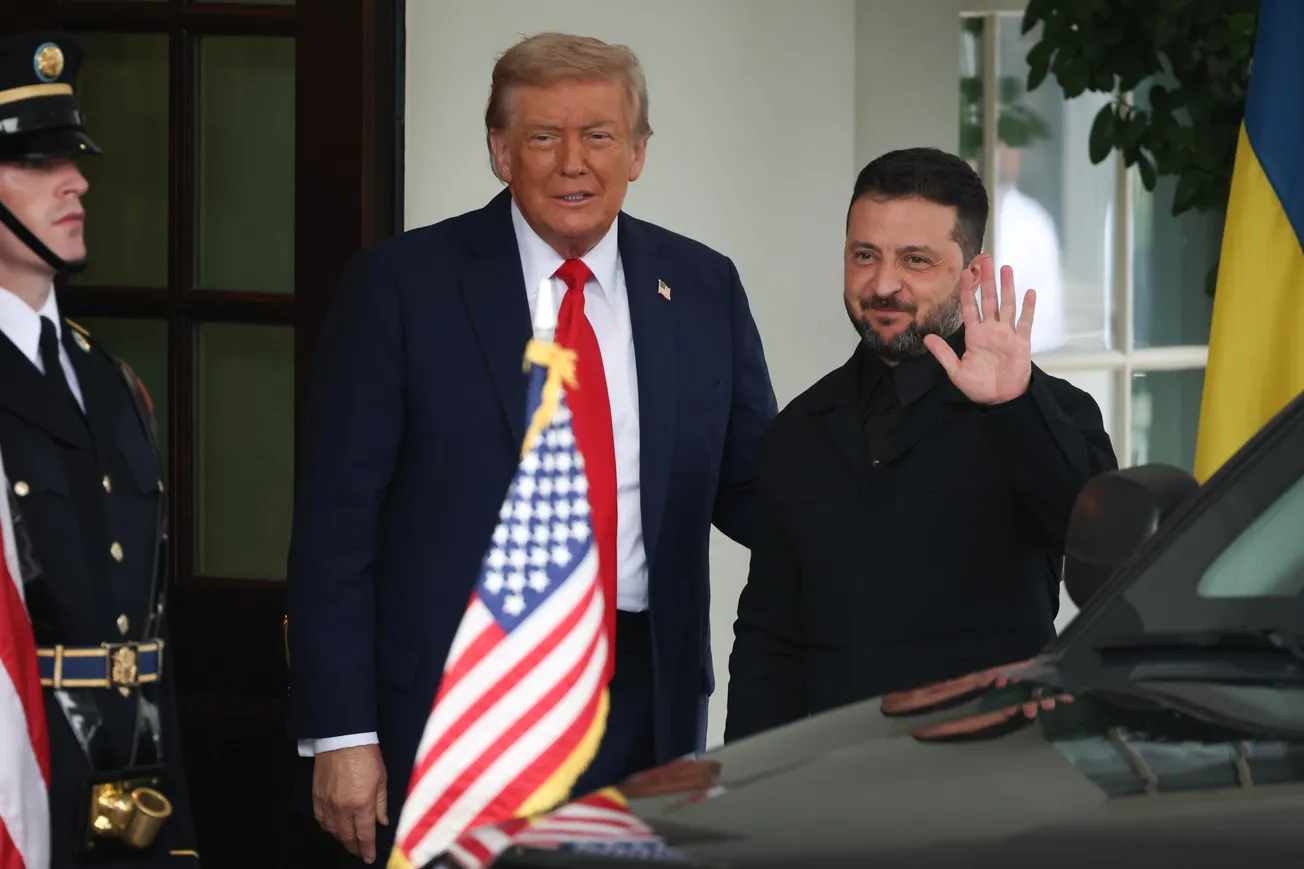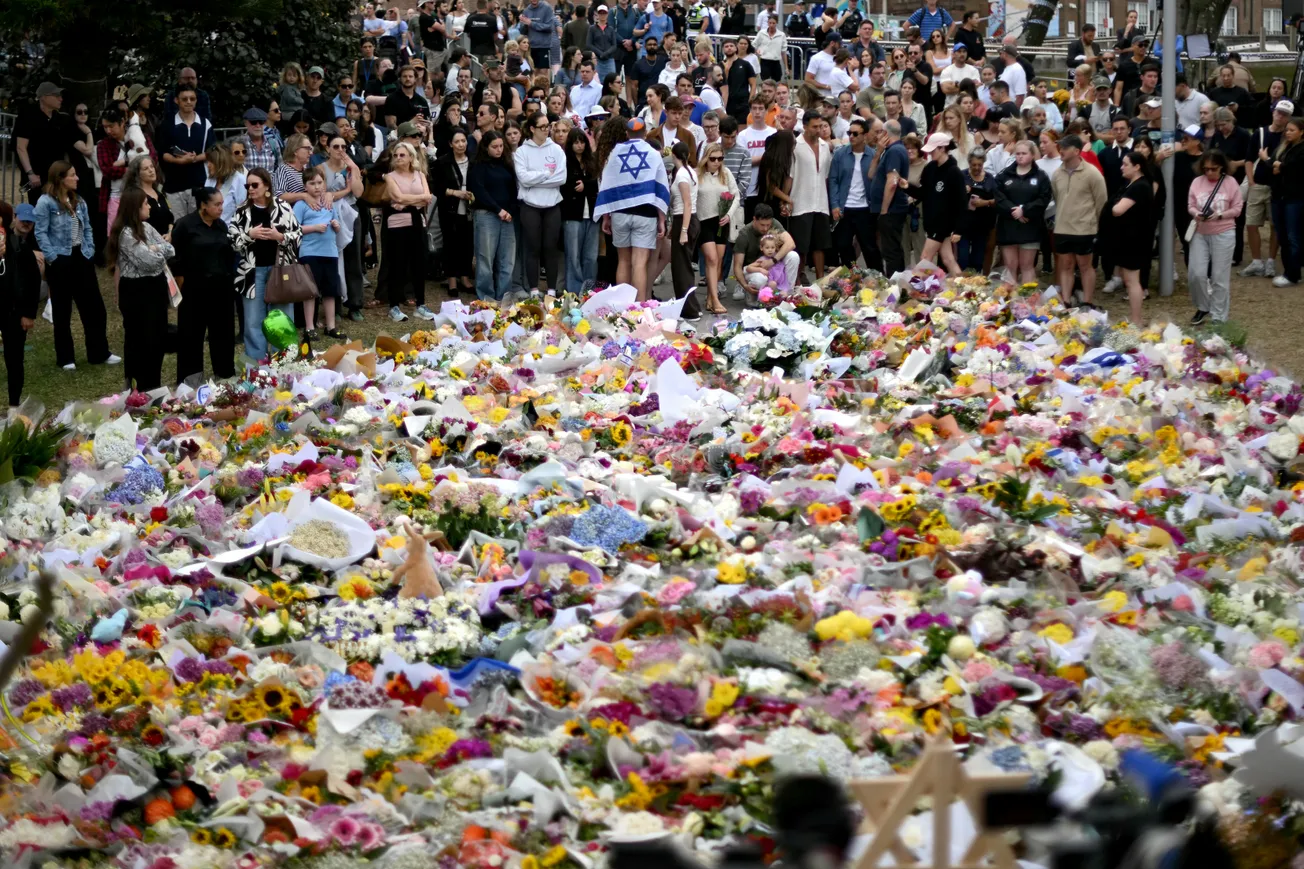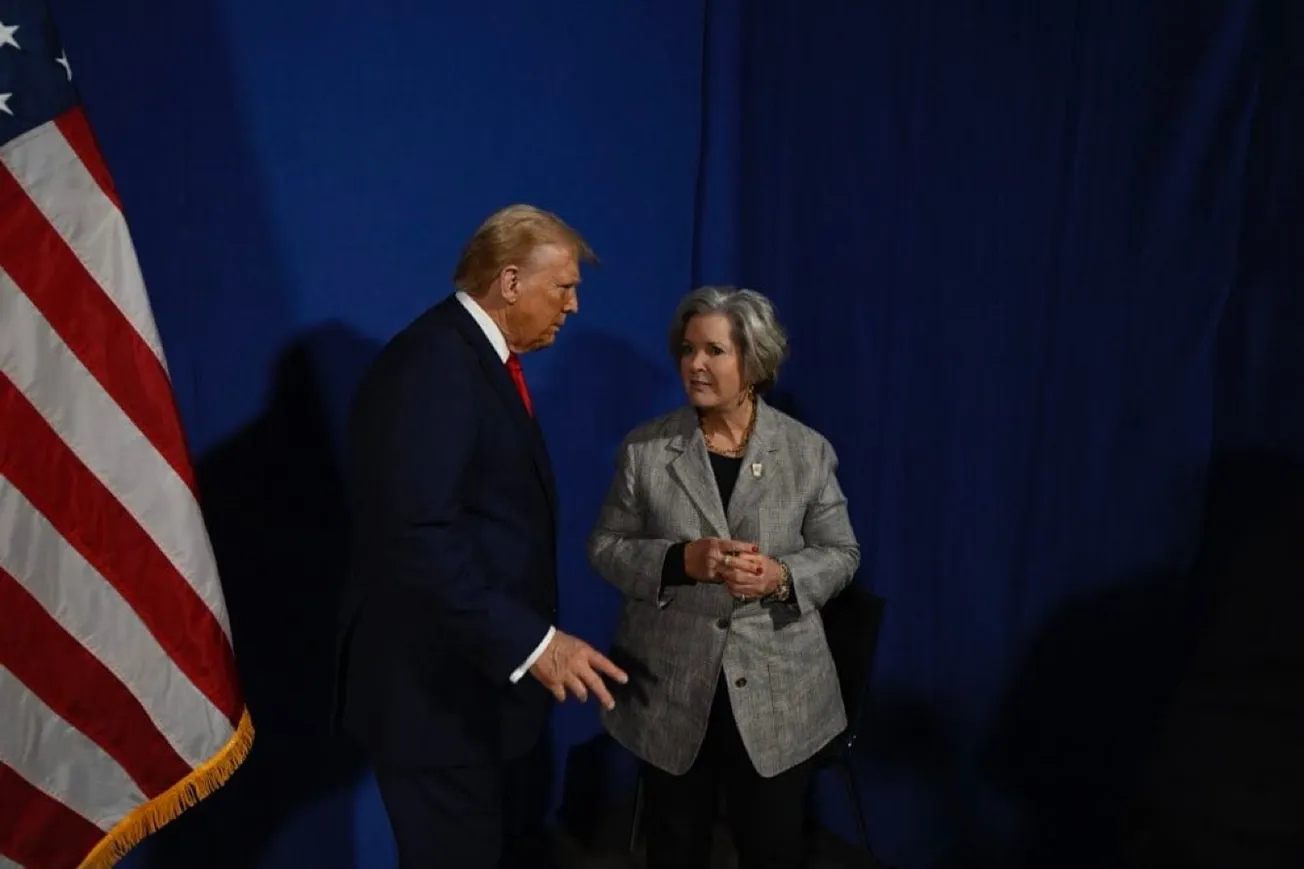- Slovakia's upcoming parliamentary elections on September 30 may see Robert Fico, the former Prime Minister and leader of the SMER party, potentially leading his party to victory
- Fico's victory could jeopardize EU unity due to his opposition to EU sanctions on Russia and his desire to block Ukraine's NATO membership
- Some NATO members are cautious about Ukraine joining the alliance. NATO does not have a clear plan or timeline for adding Ukraine as a member
- Eastern European countries take a pragmatic approach to international affairs, as seen in Hungarian President Viktor Orban's call for American-Russian talks to end the Ukraine war
- Robert Fico's possible election win may complicate Western efforts to support Ukraine, causing concern among officials in Western capitals
On September 30, the small country of Slovakia in the EU will hold parliamentary elections. If public polling figures hold, former Prime Minister (2006-2010; 2012- 2018) and head of leftist SMER, Robert Fico, is expected to lead his party to victory.
The outcome could threaten EU unity as Fico has aggressively campaigned against supporting Ukraine in the ongoing war. As Karl Janicek of the Associated Press reported from Slovakia, Fico "opposes EU sanctions on Russia, questions the Ukrainian military's ability to force out the invading Russian troops and wants to use Slovakia's membership in NATO to block Ukraine from joining."
A few members are still wary of Ukraine’s joining NATO. At the 2023 Vilnius summit, all President Zelenskky managed was to get a vague statement saying Ukraine will join "when allies agree, and conditions are met." No timeline, no roadmap.
There are dissenting voices within NATO periodically blocking “joint” and “unanimous” efforts to support Kyiv. In July, Hungary opposed “any EU support for Ukraine that requires unanimity.”
Because of its proximity to Ukraine (Slovakia shares its eastern land border with Ukraine) and its initial warm embrace of Ukrainian refugees when Russia invaded Ukraine, Western officials have closely watched Slovakia's internal political debates. Slovaks were among the first EU populations to support arms deliveries to Kyiv. Being a former Soviet Union client state, Slovak's weapons arsenal had the advantage of interoperating with Ukraine's systems. But, all that could change in the coming elections.
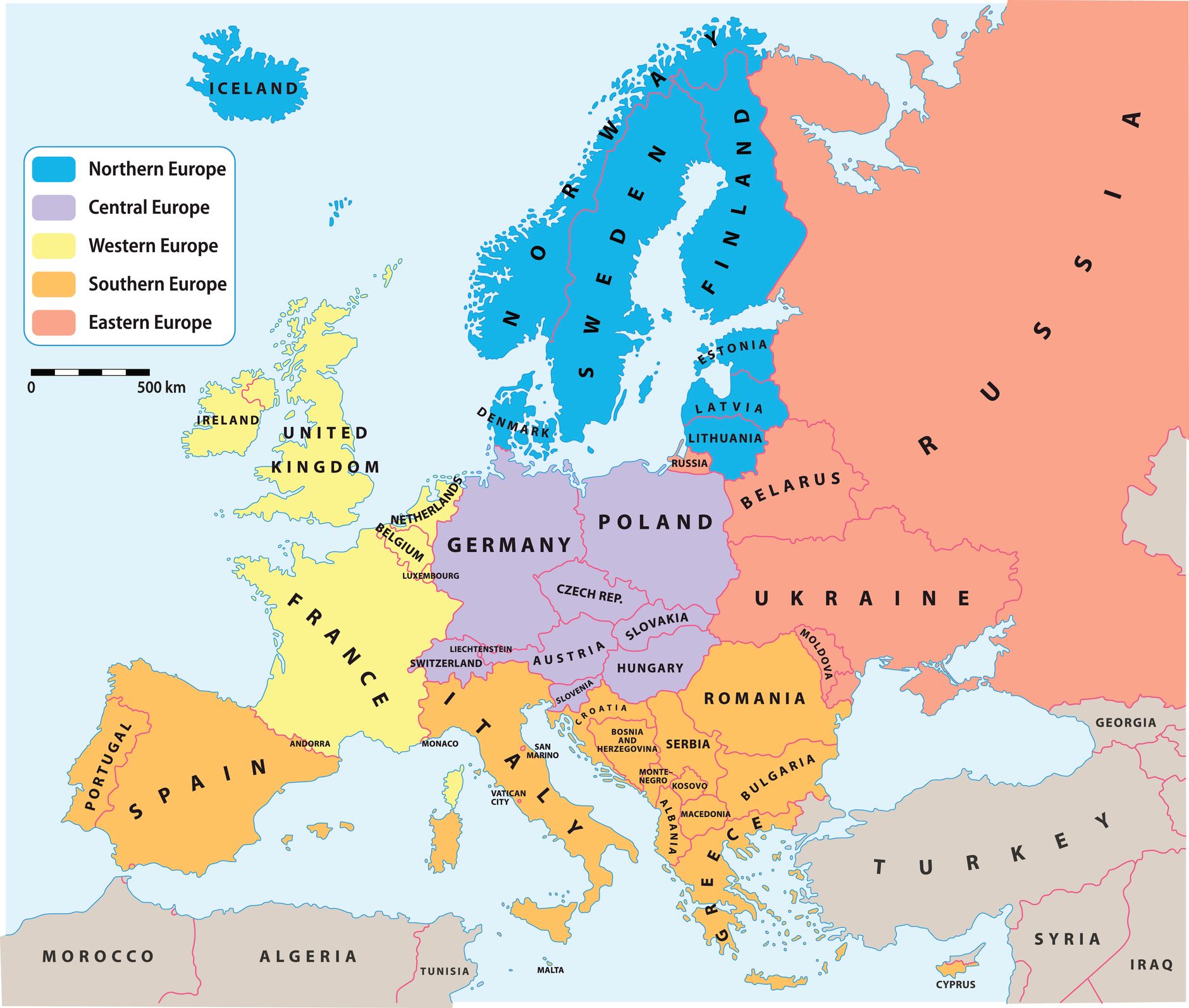
Unlike the West, which, under the leadership of the Biden administration, has taken a decidedly ideological stance in the Ukraine war, Eastern European countries take a more pragmatic approach to international affairs. We saw this first-hand last year at CPAC when we covered Hungarian President Victor Orban's speech.
Orban got the loudest applause when he pleaded for an end to the war. "Without American-Russian talks, there will never be peace in Ukraine," he said. "More and more people will die and suffer, and our economies will come to the brink of collapse." A few moments later, he made his pitch again. "Mayday! Mayday! We need a strong America with a strong leader" to lead peace negotiations with Russia.
Orban's predictions nearly fourteen months ago have played out like a well-scripted production on Broadway.
Over a half million people have died, with hundreds of thousands more wounded. According to the United Nations High Commission on Refugees (UNHCR), six million refugees from Ukraine have resettled, mainly in Europe, the largest migration since World War II. Many refugees have reported a severe drop in living standards as their inability to speak the language of their destination country, high inflation, and worsening economic conditions make it impossible to assimilate. Frustrated, several are planning their return to Ukraine, but the continued stalemate on the battlefield is destroying those hopes.
Unlike the United States, Eastern European nations do not have the power to print money or borrow it from China to fund domestic priorities or Ukraine's war. In Washington, a $24 billion emergency aid request is only a number with no real consequences to politicians who vote for it. The federal debt goes up, but that, too, as displayed on the national debt clock, is just a number.
But, things are different across the ocean. The pragmatic nature of Realpolitik in Eastern Europe was on display again this month, this time over agricultural exports. With Russia blocking Black Sea shipping lanes out of Odesa, Ukraine has been forced to rely on land routes through neighboring countries to export its grain to far-off markets. However, many truckers were found to dump some of Ukraine's products in Poland, Bulgaria, Hungary, Romania, and Slovakia, hurting local farmers. Some of these countries have been aggressive supporters of Ukraine in the war.
The EU had to intervene in May to restrict these countries from acting against Ukraine. With that order about to expire this month, the countries decided to impose unilateral import bans on Ukraine, which resulted in Ukraine threatening action at the WTO. The sprat brought to mind former UK Defense Secretary Ben Wallace's comment about Ukraine in July: "Whether we like it or not, people want to see a bit of gratitude."
Robert Fico is playing on these local and regional grievances, far removed from Neocons inside the Beltway 5,000 miles away. If Fico wins, he can claim a political mandate that the people of Slovakia are tired of the West's continued efforts to prolong the war. Republicans on the wall about Ukraine funding will get added political cover to oppose sending money to Ukraine.
It is this outcome that has officials legitimately worried in many Western capitals.
Like our insights? Show your support by becoming a paid subscriber!

